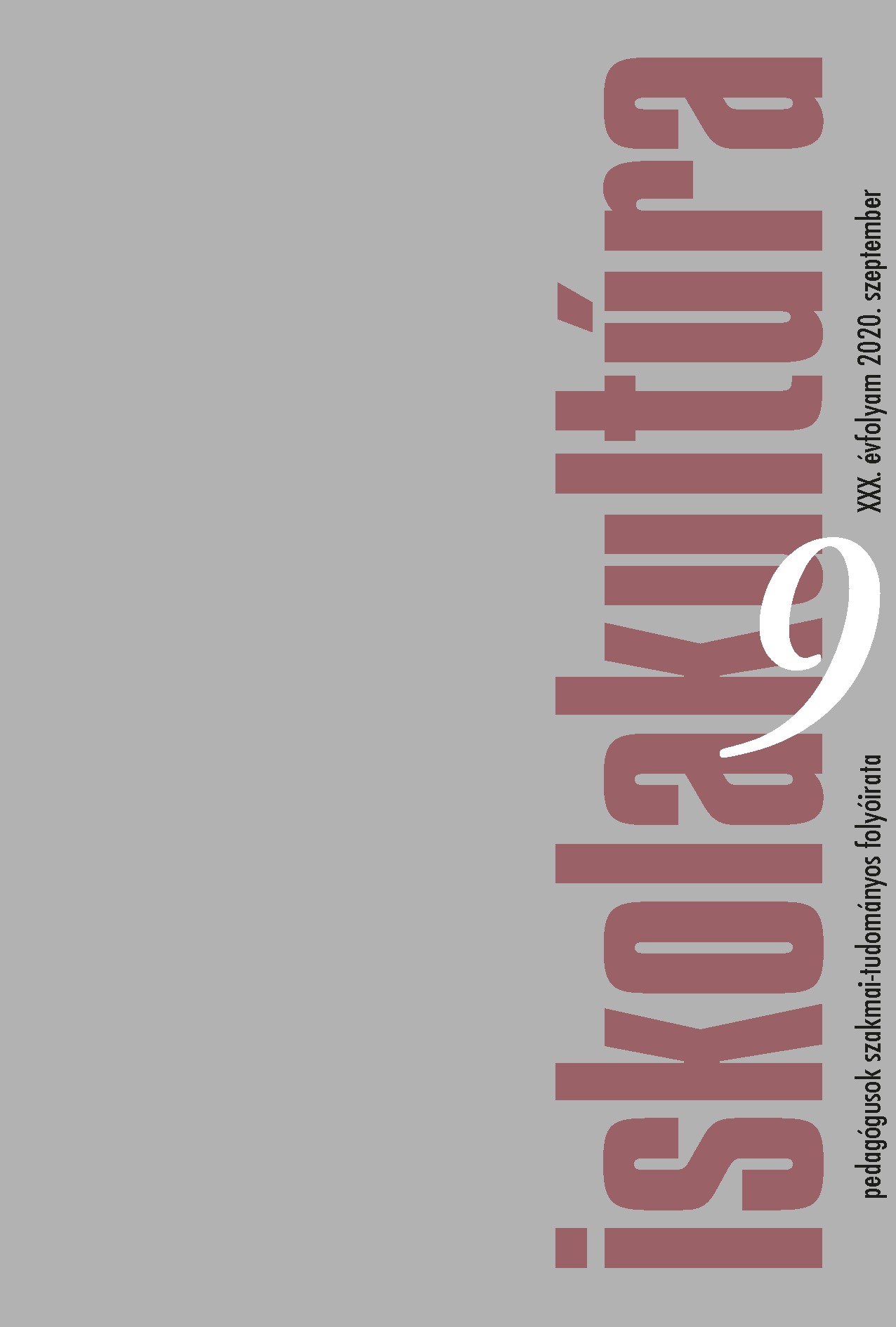The possibilities of reflective journal implementation in teacher education
Main Article Content
Abstract
Today's rapidly changing information society urges the teachers to constantly review and challenge their views and methods whereas diverse classroom communities and changing forms of learning, resources and learning environments require rapid, adaptive pedagogical responses (Lampert, 2010). Reflective thinking is an essential part of teachers' professional repertoire, therefore, from the end of the 20th century, reflectivity has been increasingly emphasized in teacher education (Kinsella, 2007; Collin, Karsenti és Komis, 2013). There are several methods available to support and explore the reflective thinking of pre-service teachers, both in the Hungarian and the international teacher education. However, there are only a few studies in Hungarian literature which explore and analyse the empirical studies on the reflectivity of pre-service teachers. The present study explores the possibilities of applying the reflective journal as an effective tool of reflectivity in teacher education using the method of literature review. The research examines the aims and results of the chosen studies in terms of the relevance of the effects of reflective diary writing on the development of pre-service students. The results of research on reflective journals have highlighted that reflective journal writing can have an impact on the process of becoming a teacher in different areas. It can support the deepening of professional knowledge, make teacher practice more conscious, but it can also help to review and change attitudes and views related to teaching. It can also improve the level of reflection of the pre-service teachers and contribute to the development of their inclusive approach.

